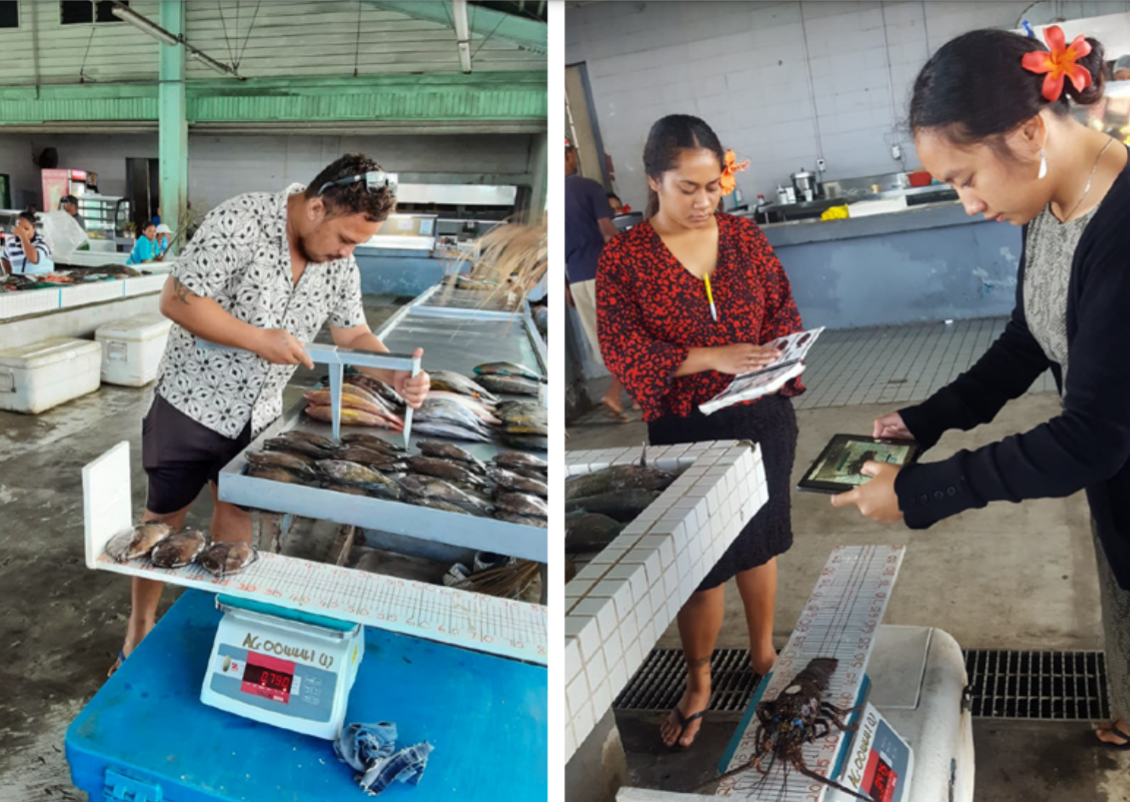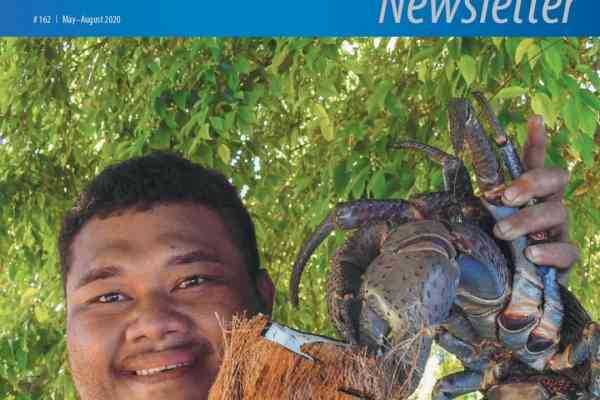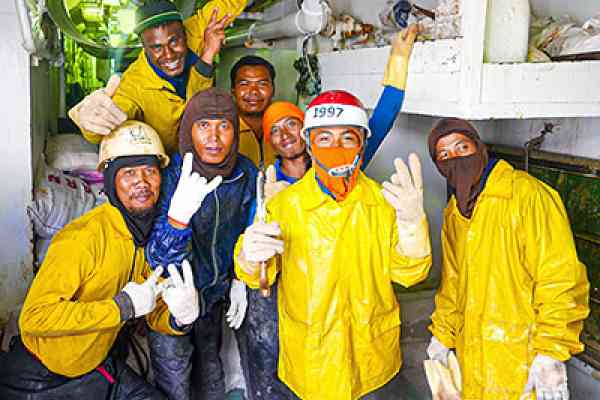Collecting scientifically robust data to understand and sustainably manage coastal fisheries across the Pacific requires sustainable and well-designed scientific monitoring programmes – an outcome that has proven to be a difficult objective, given the limited capacity of many coastal fisheries agencies across the Pacific Islands region.
Severe COVID-19-related economic downturns and subsequent job losses have caused coastal communities across the Pacific to rely more heavily on food and income derived from the sea, which in turn has increased the already substantial pressures on coastal fisheries resources (Bennett et al. 2020; Steenbergen et al. 2020; Wale and LMMA Network 2020; Davila et al. 2021). Coastal fisheries agencies, already struggling to obtain data and make effective management decisions in a timely manner pre-COVID, are now facing an even greater crisis of information deficiency.
The complete cessation of travel due to COVID, which forced an almost total shift to online delivery of information between the Pacific Community (SPC) and its member countries, has in turn created the conditions for coastal fisheries departments to embrace the efficiencies of using e-data systems to collect, store, analyse and report on the status of their fisheries.
Accordingly, staff from the Coastal Fisheries Science and Data units within SPC’s Fisheries, Aquaculture and Marine Ecosystems (FAME) Division have invested significant time and resources to develop an e-data system that has evolved based on feedback from regional meetings and workshops. Such a system will provide much improved efficiencies and facilitate more timely and effective management of already strained fisheries.
SPC has already begun training and implementing the e-data system across multiple countries, and will seek to provide this opportunity to all interested member countries at a mutually agreeable time. It is envisaged that successful uptake of the e-data system across the broader region will:
- ensure delivery of capacity development and technical assistance that will provide specific capability for Pacific Island coastal fisheries agencies to assess the impacts of the COVID-19 pandemic;
- help SPC’s member countries transition away from human resource-heavy, inefficient conventional data collection methods to more efficient e-data collection methods; and
- provide a regionally consistent approach to scientific data collection on coastal fisheries, which will enable local, national and regional approaches to dealing with declining coastal fisheries resources.
Find out more and read the full publication from the Fisheries Newsletter:
Authors: George Shedrawi, Pauline Bosserelle, Bernard Vigga, Franck Magron, Sebastien Gislard, Sapeti Tiitii, Esmay Tanielu, Faasulu Fepuleai, Prakriti Rachna and Andrew R Halfor.


